Greetings friends!
THANK YOU IN ADVANCE to everyone who has preordered my memoir, The Lost Voice, which comes out May 20th.
Preordering is wildly important for debut authors like myself and is the #1 way to help The Lost Voice reach a wider audience.
💛 💛 💛 HEY, WHAT’S THIS BOOK ALL ABOUT? 💛 💛 💛
When The Lost Voice begins, I am playing arenas around the globe as a touring member of Vampire Weekend and hungrily writing my solo record in every free moment in hotel rooms and backstage areas.
Vampire Weekend Photos by Peter Wallace
In March 2020, the band played the Okeechobee Festival in Florida when all other festivals had been canceled due to the onset of the pandemic. Soon after, I fell ill with Covid symptoms and an extremely high fever for three days. I was winded and exhausted for weeks and a constant dull ache in my throat made it difficult to swallow.
A few weeks later, when I met my vocal coach for a lesson on Zoom, we discovered together that the top half my vocal range was completely inaccessible. The lower parts of my voice wavered with an uncontrollable quiver I tried to hold steady pitches. It would take months to discover that the true cause of this issue was spasmodic dysphonia, a neurological voice disorder with no known cure that is typically triggered by high fever, psychological stress, and vocal overuse. (Check, check, check.)
Losing my ability to sing made me realize that my voice had been essential to my identity. My voice was how I formed relationships, earned my livelihood, and expressed the truths of my inner world. Being able to sing each day was as intrinsic to self-recognition as seeing my own face in the mirror.
In the wake of the diagnosis, I felt as though a guillotine had split my life in two: the one life in which I knew exactly who I was, and this new one, in which I had no idea what my purpose was.
After the loss of my voice, the book journeys back to my childhood, tracing the discover of my songwriting voice for the first time.
First piano recital - age 5. Photo by Anne Morgan Salpeter
You'll read about the experiences that turned me into a songwriter and my coming-of-age as a young woman on tour with my first band, The Hush Sound.
The Hush Sound’s first show in a basement in Naperville. 15 years old.
The Hush Sound early press photo. Age 16.
The book follows as I experience various highs and lows in my musical career, fall in love, am preyed upon by music industry predators and manipulators, and steadily move towards fuller expressions of my voice.
My solo project Springtime Carnivore.
You’ll join me as I experience the great revelation of playing music with women like the amazing Jenny Lewis:
The second half of The Lost Voice explores the process of rebuilding my sense of identity without my singing voice.
I had always shown up as Greta the Singer - who would I be if I was no longer that person?
The second half of the book is the most magical part, and I will wait to offer glimpses of the back half until closer to release.
Thank you for being part of this journey with me. I can't wait to share my story with you. For now, an excerpt is below.
With gratitude (greta-tude?) and love for you all,
Greta Morgan
*
CHAPTER 1: SOMETHING IS WRONG (Excerpt)
You never know when it’s the last time. There was a last time that I crawled, a last time I used training wheels on my bike, a last night that my immediate family lived under one roof. There were last kisses in fading relationships, last shows with bands that broke up, last laughs with friends who have died. One day, I’ll climb a mountain for the last time, talk to my parents for the last time, see a sunset for the last time.
My singing voice was as constant as my heartbeat, as unique as my fingerprints, as necessary to my self-recognition as seeing my face in the mirror. Despite this awareness of life’s endings,I somehow never expected that there would be a last time that Iwould sing with my steady, reliable voice.
In September 2019, Vampire Weekend sold out Madison Square Garden. Since joining the touring band a year earlier, I had played synthesizer, piano, guitar, and percussion, sometimes all of them within one song. Walking onto the stage that night felt like entering a pulsing city made of amps and cables and speakers, electricity sizzling through every wire. The hum of the arena reminded me of summer nights when the air vibrates, just before lightning strikes.
I stood stage left, in the back row, with two keyboards in front of me and a half circle of guitars standing behind me. I was wearing a bright orange tracksuit with shorts and white suede sneakers. Before the show, one of my bandmates joked that I was the missing Spice Girl—Pumpkin Spice. In the middle of the set, we sang “New Dorp. New York” and I played a six-inch cylindrical shaker with my left hand for eleven minutes straight; I called it “the eleven-minute hand job.”
As we hit the dance bridge, MSG lit up like a giant red galaxy; the audience wore light-up wristbands synced to our stage lights. Our drummer pounded the kick drum, thumTHUM thumTHUM, like a heartbeat, my own heart pounding as I anticipated what was coming next. He hit the cymbal crash to end the song and the stage lights went dark.
My legs trembled, but they carried me center stage. The adrenaline running through my body felt like a swarm of bees. My eyes were closed when the spotlight found me, turning my eyelids a peachy pink. The crowd thundered with applause when they noticed that the only woman in the band was now at the microphone. Our guitarist fingerpicked the opening riff and the first phrase of the song came out of my mouth.
I know the reason why you think I oughta stay . . .
My voice rose from a small place inside me and filled the entire arena. The sound surrounded me like a warm bath, my voice the fountain from which it poured. Performing felt effortless, easier than speaking. Ezra, our lead singer, had written the song, but I found an emotional entry into it as if it were one of my own.
I know the reason why you think I oughta stay
funny how you’re telling me on my wedding day . . .
I sang it from the tender spot in my heart that remembered the love that had slipped from my hands. The kind of love that felt like finding a paradise island, but then losing the coordinates forever. I inhabited the words like a method actor, willing them to feel true. Singing that night felt like summiting the highest peak of my voice, after a lifetime of climbing. Have you ever seen a bird ride a wave of wind, coasting across the whole sky without flapping its wings? That was how this felt. Soaring, but my feet were on the ground. When the last word of the chorus rose from my mouth, the crowd roared with applause, the high-pitched cheers of women’s voices cutting through the most. I opened my eyes, and even though I couldn’t see the exact faces of the thousands and thousands of people out there clearly, I could sense them smiling at me. “Greta Morgan, everyone,” Ezra said into the microphone, then motioned for applause.
At the after-party, two of my old Chicago friends, Bobby and Deidre, sandwiched me in a hug. “Gretzky! You killed it!” Bobby said. We’d been friends ever since he played a few shows in one of my former bands, Gold Motel, in 2010. “Do you remember when we played the Frog Bar in Cleveland for,like, eleven people?” he asked. “And weren’t five of them in the opening band?”
“Don’t remind me,” I said, laughing. It had been nine years since then — when I was twenty-one. After that show, the promoter had held the $400 guarantee in his grip, seemingly reluctant to hand it over. “I expected you to bring a bigger crowd,” he had said, letting out an exhausted sigh.
Like a good Midwesterner, I reflected the attention back onto my friends.
“Tell me about the move to New York,” I said to Bobby and Deidre now. “How are you all liking it so far?”
“Not so fast,” Deidre said. She put her hands on my shoulders and shook me like she was trying to bring me back to my senses.
“Greta, are you celebrating this?” she said. “You worked your entire life for this and you fucking got it.” I was celebrating. When I started my first band, the Hush Sound, in my mom’s basement, at age fifteen, I never imagined I would one day sing on the same stage where my idols — Joni Mitchell, Nina Simone,Bruce Springsteen, Simon and Garfunkel, George Harrison, Bob Dylan, and the Beach Boys — had once performed. Still, this wasn’t exactly what I’d worked my entire life for.
Being a touring musician in one of my favorite bands was a once-in-a-lifetime, dream-come-true job, of course, but my truest passion was songwriting, and the Vampire Weekend records were completed by the time I joined the lineup. Danielle Haim had recorded the lead vocals on “Hold You Now,” the song I’d just sung at Madison Square Garden. Her voice is rich, deep, and earthy, and she performed the song with a guttural kind of punctuation.
During rehearsals, the band encouraged me to sing it the way Danielle had. When I made my own records, what mattered was that my voice sounded original, that it felt like me, and that it could clearly express the truth of my inner world. Once I joined Vampire Weekend, what mattered was my malleability, my ability to blend into a layered choir of backing ahhhhhs or the imitation of the female lead vocals on the record. After the album cycle ended, I’d return to performing my own songs.
The highs of sold-out Vampire Weekend shows had satisfied a lifelong dream of performing for huge crowds, but they also ignited a hunger to grow my solo career. My first band, the Hush Sound, had a wild streak of beginner’s luck. After our first album was released in 2005, we were signed to a major label and I soon went on my first arena tour opening for Fall Out Boy, all while finishing my senior year of high school by correspondence. When we started the band, I was a sophomore in Catholic school and my voice sounded as delicate and innocent as I was.
Over the next fifteen years, I made eight records with three bands, played hundreds of concerts, and grew from a shy fifteen-year-old girl to a self-assured thirty-year-old woman.
When I started the Hush Sound, I wrote slow and simple melodies to suit my limited vocal range and dynamics. My gentle folk ballads were built around lilting classical piano and dreamy imagery to carry the emotional power. My bandmates arranged the songs, and producers built the sonic landscapes of our records. But on Midnight Room, my last full-length record made as a solo project, my songwriting had blossomed. I belted out huge choruses, played many of the instruments on the record, created sprawling soundscapes, and discovered a breadth of musical expression I never knew I had. I was excited for the next phase. At thirty-one, I’d fully cultivated my musical powers and felt ready to make the most distinct, truest record ever. I had admired Bobbie Gentry, Dusty Springfield, Linda Ronstadt, and Roberta Flack for their sultry, rich, nuanced voices. I wanted to make a record that spotlighted my voice, using piano as the backbone and building lush orchestrations around it. Till this point, most of my songs masked the truth in poetic ambiguity. But I admired the way country songwriters could capture a film’s worth of narrative in the length of a song. I wondered whether it might be possible to combine that level of storytelling with cinematic, sunshine-y, dream-pop. I longed to write songs with clearer stories, with bigger choruses, than I’d ever written before.
After the after-party, there was an after-after-party at a loft inMidtown. The speakers were blasting so loudly that I practically had to scream to be heard. When I couldn’t stand any longer,my body exhausted and senses fried, our day-to-day manager walked me back to the hotel.
When I staggered into my room after 3 a.m., my mind was still buzzing with an adrenaline afterglow, but my body was so tired that it felt like my limbs were made of wet concrete. I washed my makeup off, undressed, and crawled into bed. I scrolled some videos that people had shared from the show on social media. Seeing myself sing center stage at Madison Square Garden was surreal—this was one of the exact fantasies I’d longed to create ever since I was a kid.
I turned on the noisemaker next to the bed and electronic crickets chirped loud enough to drown out the street sounds below—almost.
My Little Martin acoustic guitar always slept beside me on tour, its headstock on the pillow, its body parallel to mine. I reached for him, held him against my chest, and hummed the new song I had started writing earlier that morning:
Woke up in a cold sweat
From a dream I don’t understand yet
I was the last person on earth . . .
With one of every color of paint
I went to the streets to graffiti names
I painted yours in baby blue . . .
The song was arriving in fragments, but the chorus hadn’t crystallized yet. Like watching a camera viewfinder turning from blur into focus, the song became clearer each time I sat down to write.
On the verge of sleep, I relived the show. In my mind’s eye, I was center stage again, this time wearing a floor-length blue silk dress like the one Joni Mitchell had worn at Carnegie Hall in 1972. I was the version of myself one evolution ahead, more graceful, more confident, thinner, with an even more dynamic voice. When the spotlight lit me with the warm golden glow, out came my song, the one I hummed in the hotel bed, lullabying myself to sleep.
*****
Thank you for reading the first excerpt from THE LOST VOICE. I’ll share more excerpts and behind-the-scenes glimpses from now until the release May 20th. LOVE TO YOU ALL.

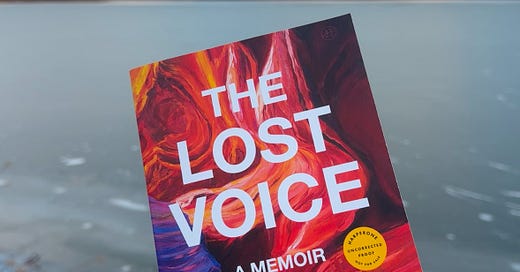



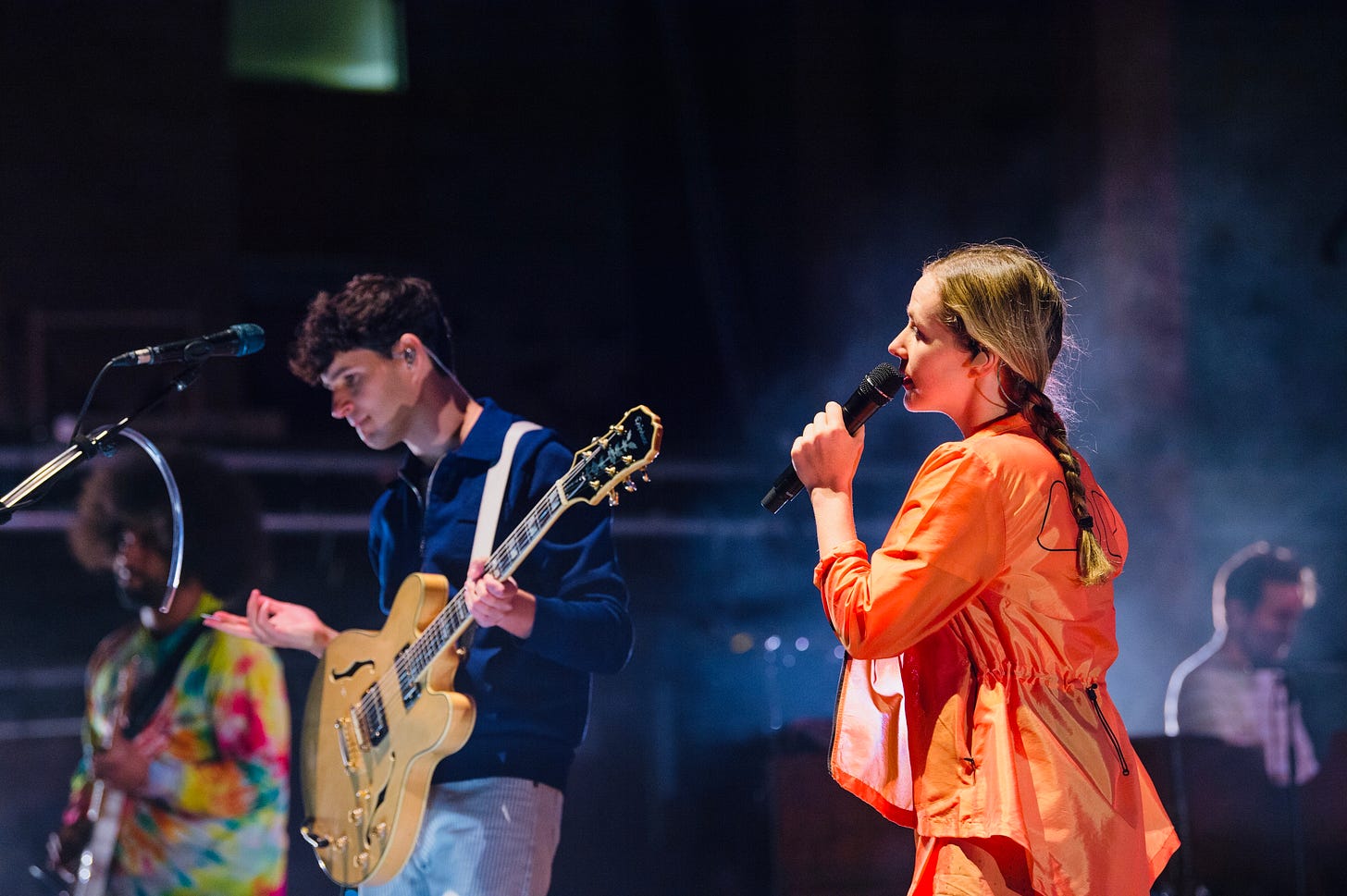
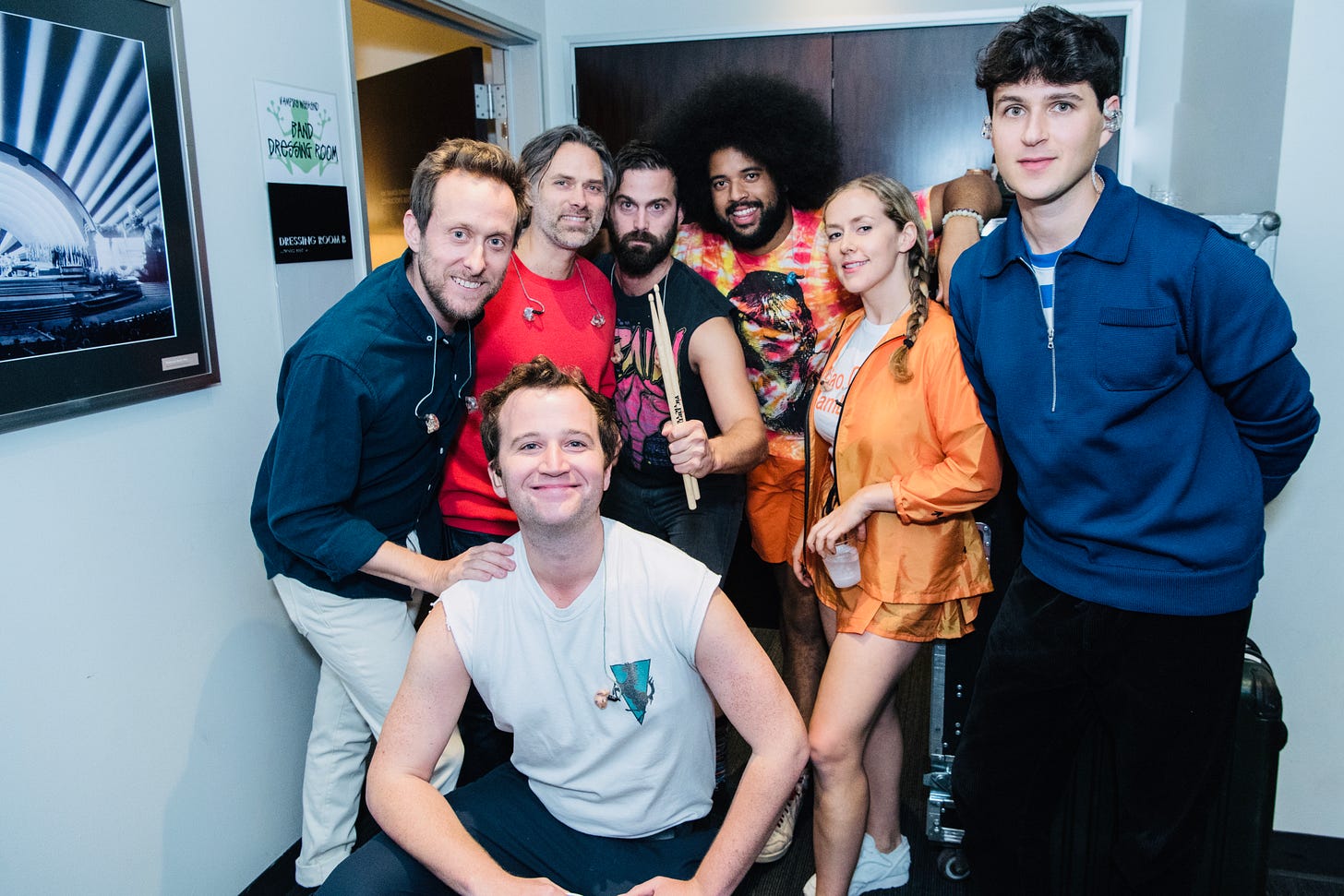
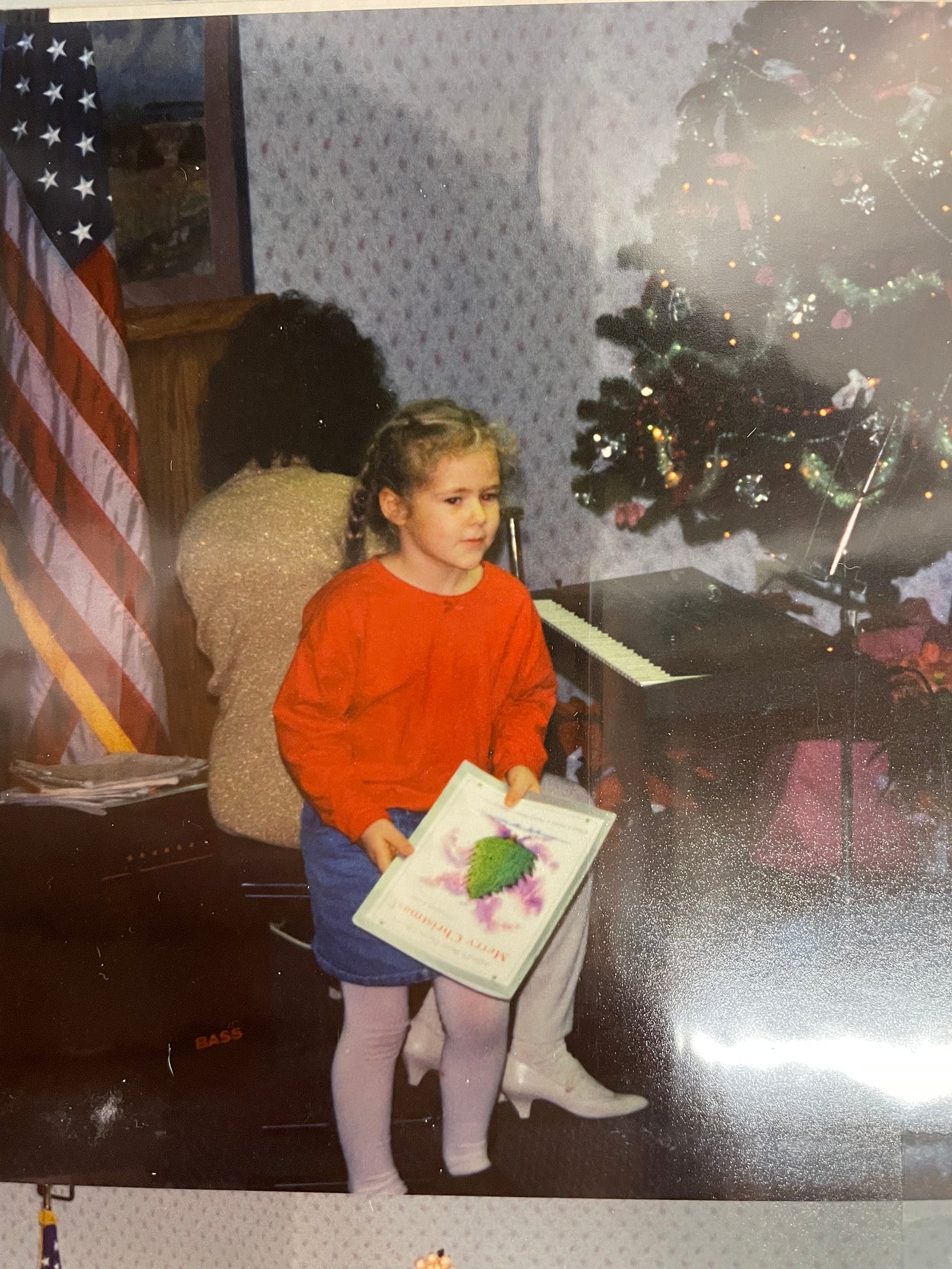

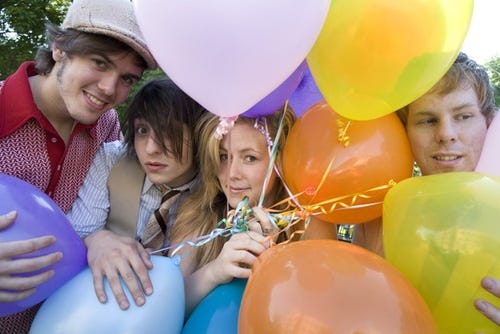
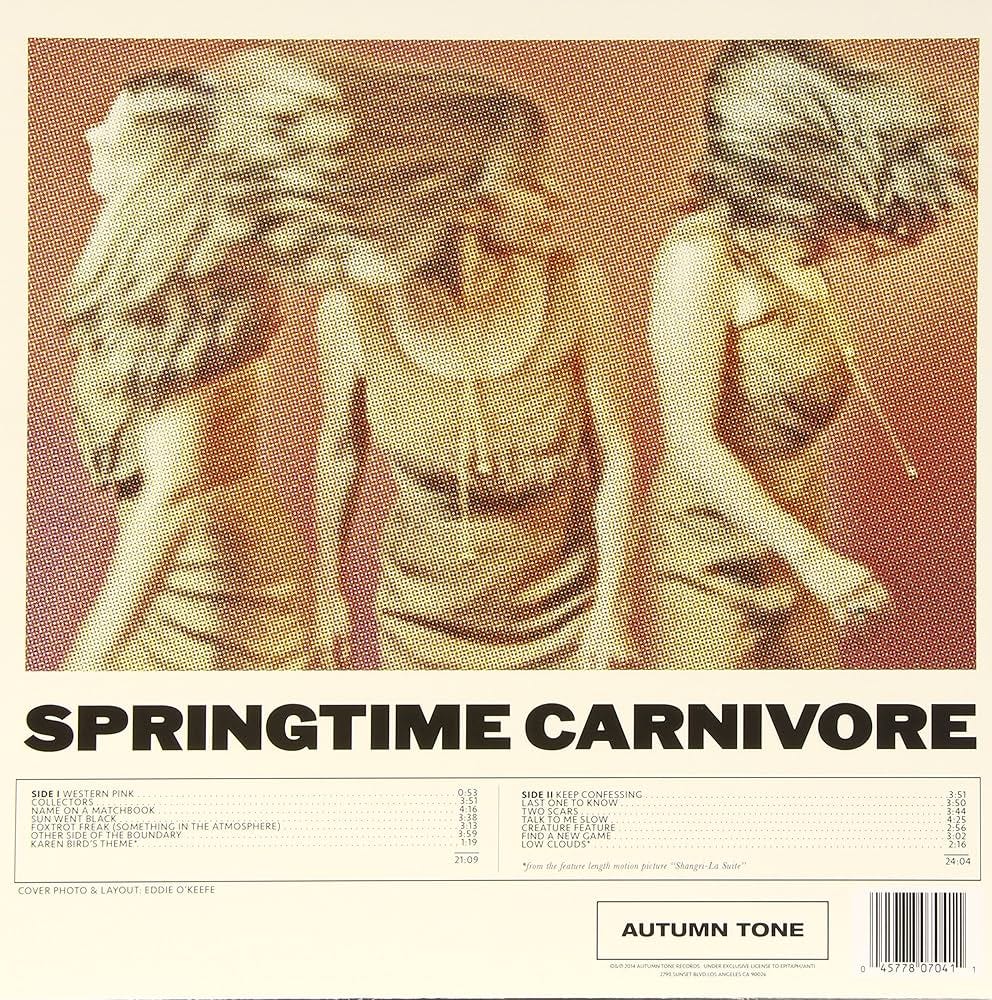

YAYYYYYY